AN
ECONOMIST
GETS
LUNCH
ALSO BY TYLER COWEN
The Great Stagnation
The Age of the Infovore
Discover Your Inner Economist
T Y L E R C O W E N

A N
E C O N O M I S T
G E T S
L U N C H
New Rules for
Everyday Foodies

DUTTON
DUTTON
Published by Penguin Group (USA) Inc.
375 Hudson Street, New York, New York 10014, U.S.A.
Penguin Group (Canada), 90 Eglinton Avenue East, Suite 700, Toronto, Ontario M4P 2Y3, Canada (a division of Pearson Penguin Canada Inc.); Penguin Books Ltd, 80 Strand, London WC2R 0RL, England; Penguin Ireland, 25 St. Stephens Green, Dublin 2, Ireland (a division of Penguin Books Ltd); Penguin Group (Australia), 250 Camberwell Road, Camberwell, Victoria 3124, Australia (a division of Pearson Australia Group Pty Ltd); Penguin Books India Pvt Ltd, 11 Community Centre, Panchsheel Park, New Delhi110 017, India; Penguin Group (NZ), 67 Apollo Drive, Rosedale, Auckland 0632, New Zealand (a division of Pearson New Zealand Ltd); Penguin Books (South Africa) (Pty) Ltd, 24 Sturdee Avenue, Rosebank, Johannesburg 2196, South Africa
Penguin Books Ltd, Registered Offices: 80 Strand, London WC2R 0RL, England
Published by Dutton, a member of Penguin Group (USA) Inc.
First printing, April 2012
1 3 5 7 9 10 8 6 4 2
Copyright 2012 by Tyler Cowen
All rights reserved. No part of this book may be reproduced, scanned, or distributed in any printed or electronic form without permission. Please do not participate in or encourage piracy of copyrighted materials in violation of the authors rights. Purchase only authorized editions.
 REGISTERED TRADEMARKMARCA REGISTRADA
REGISTERED TRADEMARKMARCA REGISTRADA
LIBRARY OF CONGRESS CATALOGING-IN-PUBLICATION DATA
Cowen, Tyler.
An economist gets lunch : new rules for everyday foodies / Tyler Cowen.
p. cm.
Includes bibliographical references and index.
ISBN: 978-1-101-56166-9
1. Food habitsEconomic aspects. 2. Food preferencesEconomic aspects.
3. Food industry and trade. I. Title.
GT2850.C69 2012
394.12dc23 2011035174
Printed in the United States of America
While the author has made every effort to provide accurate telephone numbers and Internet addresses at the time of publication, neither the publisher nor the author assumes any responsibility for errors, or for changes that occur after publication. Further, the publisher does not have any control over and does not assume any responsibility for author or third-party Web sites or their content.
ALWAYS LEARNING
PEARSON
It is a hard matter to save a city in which
a fish sells for more than an ox.
Cato the Elder
1

On the Eve of the Revolution
A merican food is in crisis, and rarely has more disruption loomed before us.
People are rebelling against current food-production methods involving long-distance shipping, fertilizers, and genetically modified organisms. Many people have returned to eating locally grown food from small farms, and there is a fear that our agricultural practices lead to mass-produced food products that are bad for our health and worsen climate change. But is this fear well founded? Is local food a good thing?
On the other side of the ledger, we are spending more and more on fancy restaurants. At a time when many economic sectors are struggling, the choices for fine meals are expanding in most American cities. But are we spending our money in the best way possible, or are we overlooking cheaper and possibly superior alternatives?
In a world with some pretty big problems, is it even appropriate to think of food in aesthetic terms as much as we do? The backlash drove a recently published article in the Atlantic Monthly to suggest that foodies are evil for aestheticizing the experience of eating. But what could be morally wrong with eating good, even beautiful food?
The food crisis is not confined to cultured readers of urbane magazines. As the fallout from our larger economic crisis continues, more than forty-four million Americans are receiving food stamps. High unemployment has persisted far longer than politicians expected. Starvation is no longer a major American problem, but obesity isespecially among lower earners. The prevalence of diabetes continues to rise.
The news isnt all bad. The American restaurant scene has been transformed over the last few decades since Calvin Trillin wrote (hilariously) about pretentious dining establishments, which he collectively referred to as La Maison de la Casa Haus. Bolivian, Laotian, and North Korean dishes are staples of my dining out. I know how Husband and Wife Lung Slices taste (not bad). Where government regulations allow, food trucks are proving more popular than a lot of sit-down restaurantsand its not just a desire to get away from those lung slices.
But most seriously, as our global population grows to nine billion and beyond and agricultural productivity slows, another Green Revolution propelled by agricultural innovations will become increasingly imperative. Food prices have been rising, contributing to political unrest in Egypt and Tunisia, and help on this front seems far away. Countries are stockpiling foodstuffs; and when prices spike, governments shut down food exports with the ostensible goal of feeding their populations. The global trade network isnt as robust as we have wanted to believe.
Since Upton Sinclair self-published The Jungle, his expos of the meat packing industry in Chicago in 1906, Americans have been repeatedly alerted to disturbing realities of their food quality and economy. However, this is an especially critical moment.
When it comes to food, the whole world needs some big changes. These changes will happen only gradually, but this book is about how you can start eating better food now for your own good and for everyone elses. We need a special kind of revolution.
Lets start with a personal story about finding good food no matter how exotic or ordinary, about finding food that simply tastes good. Constructing a better eating experience and understanding where the quality of that experience comes from, is, strangely enough, the first and most important step toward feeding those nine billion people.
A Journey into the Unknown
I was on my way to Nicaragua. No one had seemed enthusiastic about Nicaraguan food and the guidebooks were not overflowing with praise. I decided I would figure things out on arrival. Lets be clear: Every meal really matters to me.
A bit of bread and cheese accompanied me on the flight to Managua. That was to hold me over, since my flight was not arriving until the late lunch hour of 1:30 P.M. It was cheddar cheese from Safeway, extra sharp, and three-day-old sourdough bread from Whole Foods. The point of the snack was to avoid showing up famished; getting too hungry leads to all sorts of problems, including eating before you have found the best available place. You could also think of it as a kind of reverential abstinence before a culinary adventure.
Anyway, I got off the plane and searched for a taxi. Inside the airport terminal I negotiated the price to Len, a city about two hours north of the Managua airport. Outside I picked a relatively old taxi driver. An old driver is a good way to get personal safety, good local stories, informationand, well, a good way to find a place to eat, maybe the best way. The fare was set, but once we were under way I negotiated a separate price for the first step of my odyssey.

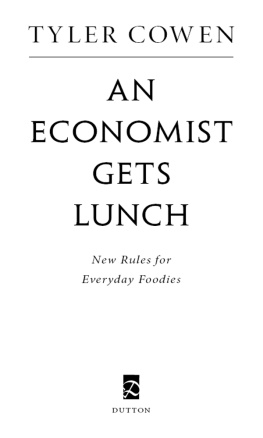
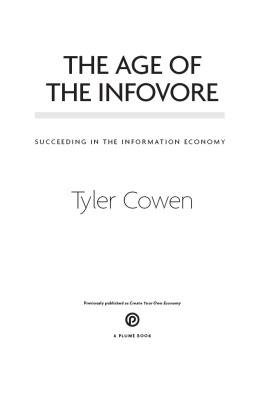
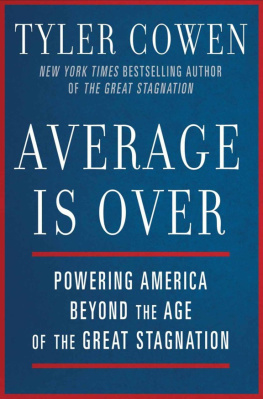
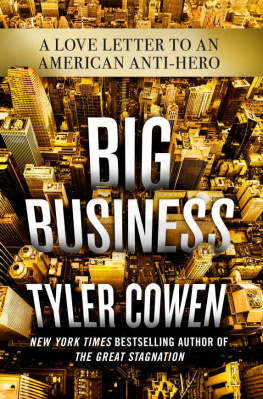
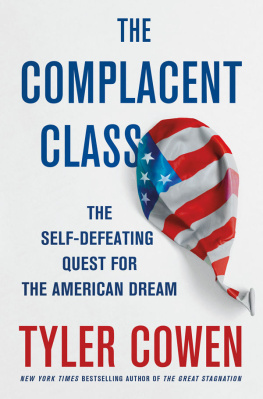

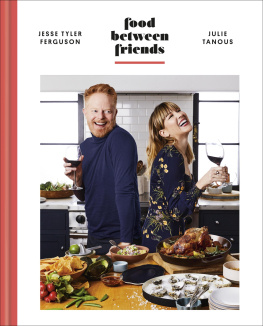

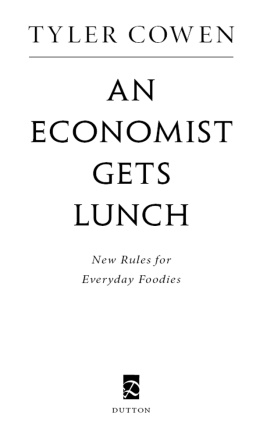
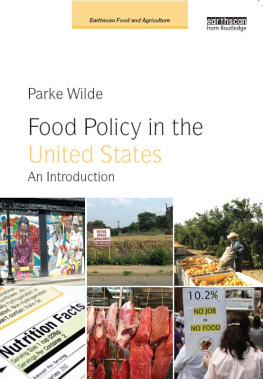
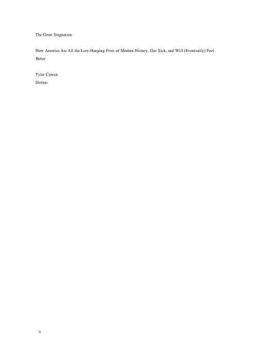


 REGISTERED TRADEMARKMARCA REGISTRADA
REGISTERED TRADEMARKMARCA REGISTRADA